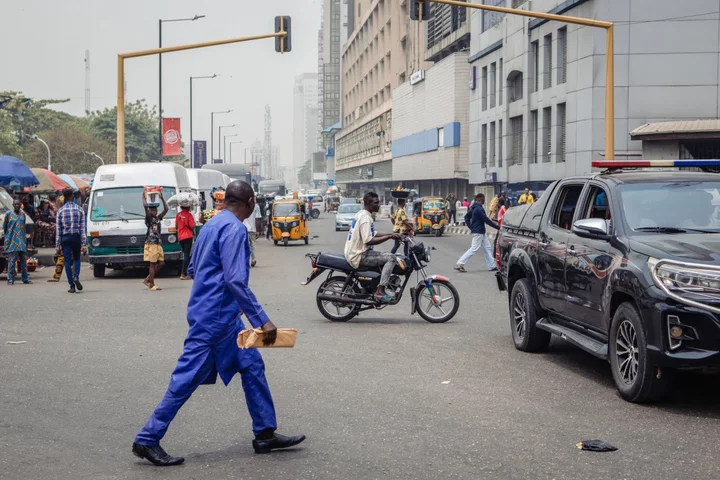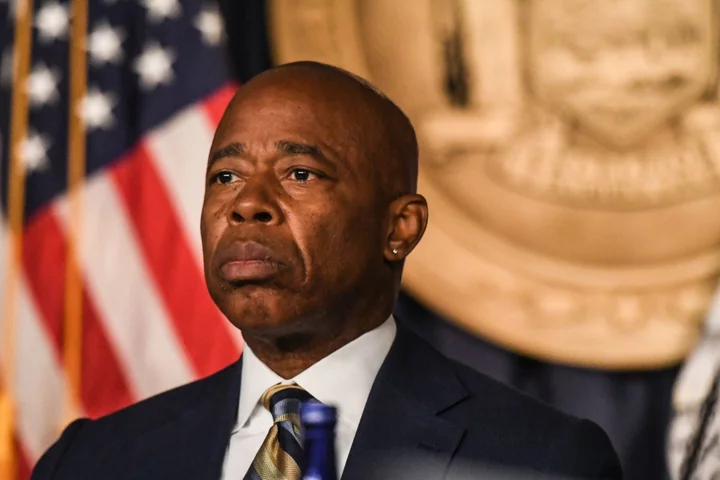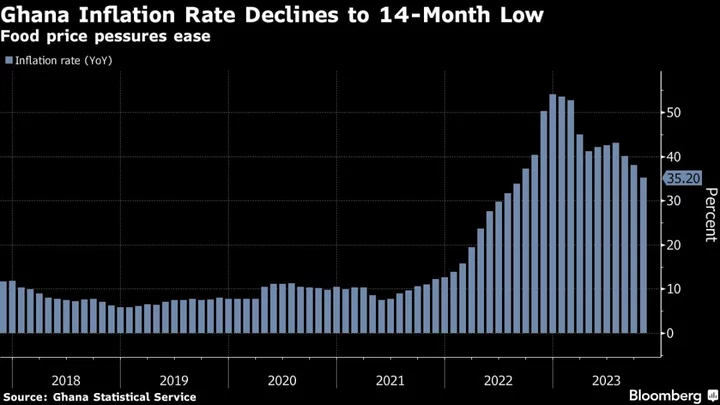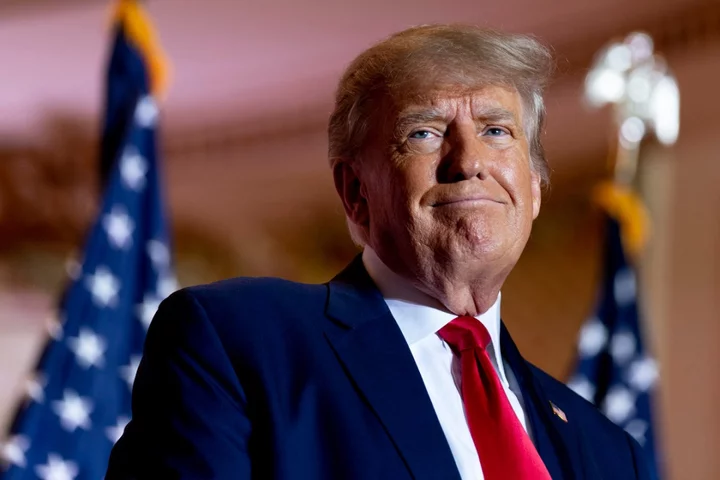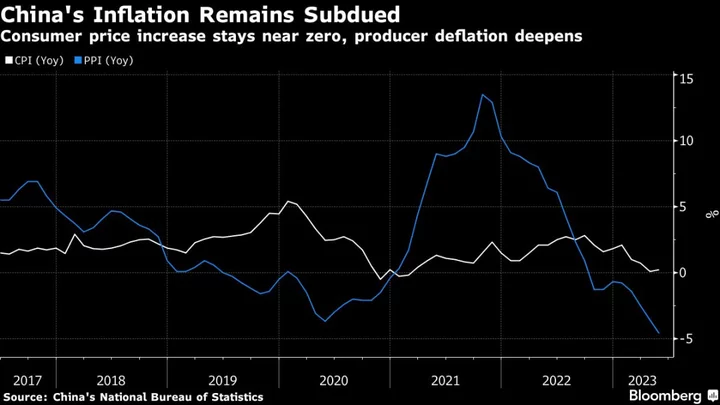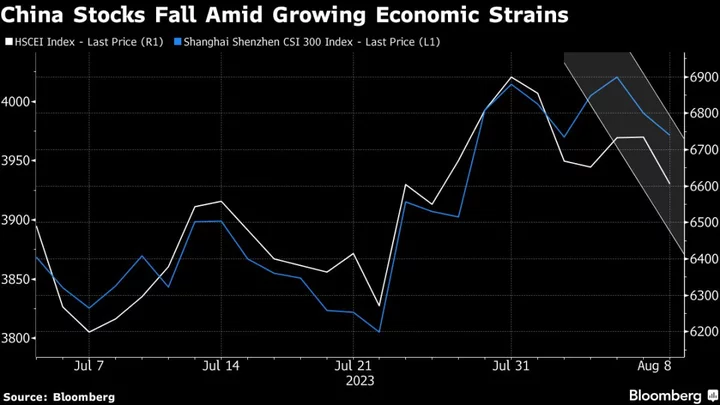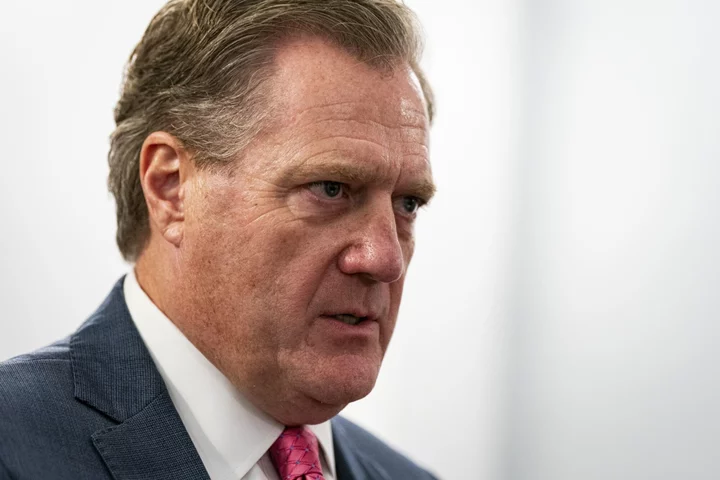Capital inflows into Nigeria, Africa’s most populous nation declined 28% in the three months through March to $1.1 billion compared with a year ago, while they rose 6.8% from the previous quarter, according to the statistics agency.
The largest capital importats came from portfolio investors, which accounted for 57.3%; “other investment” was responsible for 38.31%, while foreign direct investment was 4.2%, the Abuja-based National Bureau of Statistics said in statement on its website. The United Kingdom accounted for the highest capital importation by country of origin at 59.5%, followed by the United Arab Emirates and the US with 9.6% and 8.4% respectively, it said.
Foreign investment inflows have slowed in the West African nation in the past years owing to tight capital controls, rising insecurity and poor infrastructure that deter external investors.
However, the new government led by Bola Tinubu has been on a drive to revive the economy and boost inflows. He has ended a fuel subsidy that cost $10 billion last year, removed a controversial central bank governor, eased foreign-exchange controls and initiated an overhaul of the nation’s chronically inadequate power industry.
Read: Tinubu’s 15 Days Give Market a Glimpse of Nigeria Turnaround

